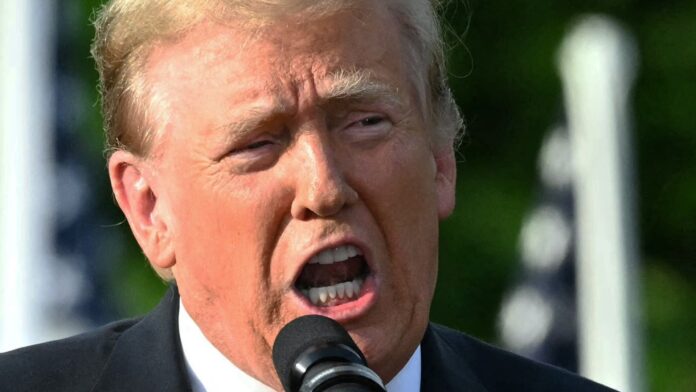Key Falsehoods or Claims:
– Donald Trump falsely claimed that Canada charges the US a 300% tariff on dairy products.
– He also falsely claimed that Canada’s trade barriers are more restrictive than those of the United States.
Source:
– The article comes from CNN, a widely recognized and respected news outlet known for its neutral reporting and fact-checking.
Analysis:
– These falsehoods have shaped opinions by perpetuating the narrative that Canada is taking advantage of the United States in trade, which can fuel anti-Canadian sentiment among the American public. This can also influence public opinion on trade policies and impact support for Trump’s tariffs on Canadian goods.
– The article poses a threat to our democracy by highlighting how false claims and conspiracy theories about trade with Canada can misinform the public and shape policy decisions. This can erode trust in government institutions and lead to misguided economic policies that ultimately harm both countries’ economies.
Hypothetical public reactions or political outcomes:
– The false claims about Canada’s trade barriers can lead to increased support for Trump’s tariff strategies among his base, as they may view Canada as an unfair trading partner. This can also influence swing voters who are swayed by Trump’s tough stance on trade.
– On the other hand, the spread of these falsehoods may lead to diplomatic strain between the US and Canada, as the Canadian government and public react to the misrepresentation of their trade policies.
Further reading:
– “The Death of Truth: Notes on Falsehood in the Age of Trump” by Michiko Kakutani provides a comprehensive exploration of the impact of lies and misinformation in the current political climate.
– “Misinformation and Mass Audiences” by Brian G. Southwell delves into the influence of media on public opinion and the spread of falsehoods.
Source link
Redirect URL
